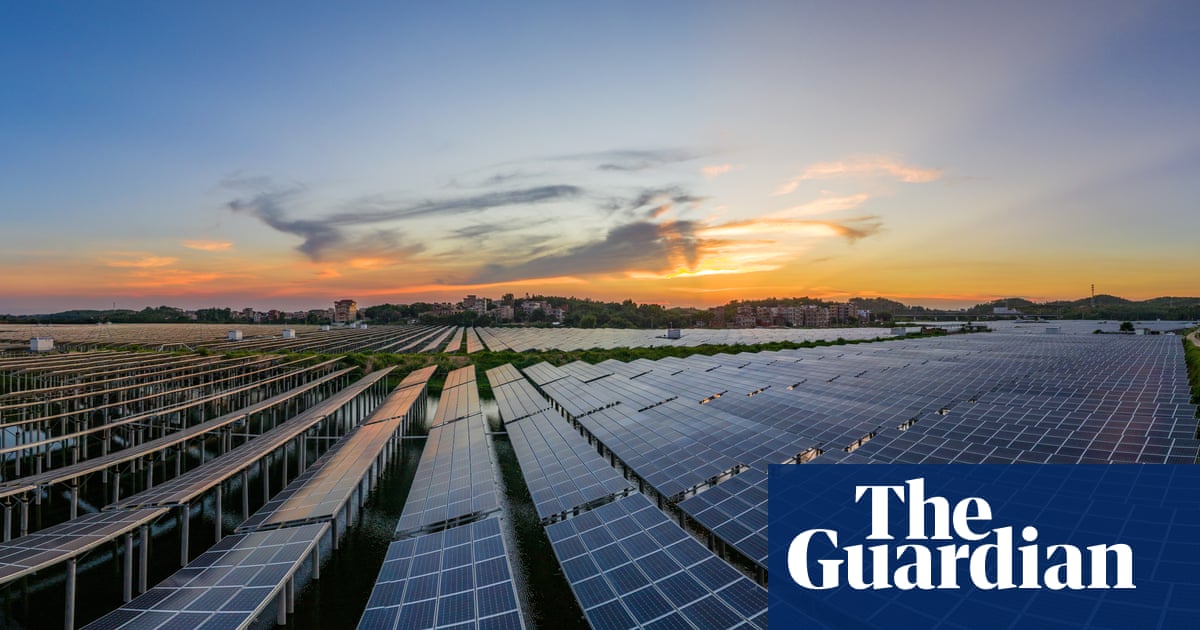
Britain’s economy risks emerging from the pandemic into a long period of stagnation that damages household incomes and undermines plans to level up the regions, according to a hard-hitting report by the National Institute of Economic and Social Research.
As it downgraded growth forecasts for next year and predicted a rise in prices that could push inflation above 5%, the thinktank accused the government and the Bank of England of mismanaging the economy since the 2008 financial crash.
Jagjit Chadha, the NIESR director, said the government had come to rely on low interest rates to prop up the economy, allowing ministers to abdicate responsibility for directing investments to corners of the economy that needed it most.
He said it was likely the regions outside London would miss out on much of the recovery, widening the gap between rich and poor regions. Cuts to welfare benefits and rising levels of inflation would also hit the disposable incomes of poorer families, doubling the level of destitution in the UK.
The Joseph Rowntree Foundation says adults with an income below £70 a week or couples with two children below £140 a week are unable to afford the basic needs of life and are destitute.
Britain’s economy is expected to grow by 6.9% in 2021 and by 4.7% in 2022, as it recovers from the Covid-19 pandemic, before slowing sharply to 1.7% growth in 2023 and 1.3% in 2024, NIESR predicted.
It said the Bank of England was unduly optimistic about the economic outlook and had only a 30% chance of its forecasts for inflation and growth being met in three years’ time.
It also said inflation was likely to reach about 5% next year and stay high for longer than Threadneedle Street expected.
“We’re getting the economic management of the UK economy wrong,” Chadha said.
“There is a persistent problem over many years of economic growth disappointing on the downside,” he said, which he blamed on low levels of public investment to raise the level of workers’ skills and improve productivity.
In a swipe at the government, Chadha said a hard Brexit had made the situation worse. “Short-run supply problems will persist and are likely to be exacerbated by Brexit. This is because our exit from the EU has acted to reduce the pool of labour, contributed to lower levels of firm investment than might otherwise have been the case, and led to some contraction in the size of our traded sector.
“Of course the squeeze on less well-off households is now well over a decade old, predating Brexit, and has primarily resulted from an inability to address our productivity shortfall.
“Our problems are not insurmountable, but prompt and consistent interventions by the state to support training, labour mobility, house building may act to alleviate some of the costs of adjustment to that high wage-high skill economy for which we yearn,” he said.
The NIESR deputy director Adrian Pabst described the extra £1bn over three years to boost training budgets as “a drop in the ocean”.
The Bank of England kept interest rates on hold at 0.1% last week despite widespread speculation in financial markets that it was preparing for an increase to 0.25%. Members of the monetary policy committee (MPC) voted seven to two in favour of maintaining rates at the historic low – a level put in place in March 2020.
The NIESR deputy director Paul Mortimer-Lee said the pressure from rising inflation would become impossible to ignore next spring, forcing the MPC to increase rates to 0.5%.
“The Bank of England (is) hoping – unreasonably, we believe – that inflation will go away of its own accord quite quickly,” he said. “It doesn’t need to move quickly to raise interest rates, but it does need to show willing.”
Shortages of vital components and goods, especially those made in emerging economies, will also hit growth in the global economy and by more than currently expected by the International Monetary Fund and the OECD, the thinktank said.
Growth of the world economy is likely to slow to 4.3% in 2022 and 3.7% in 2023, the thinktank forecast.












